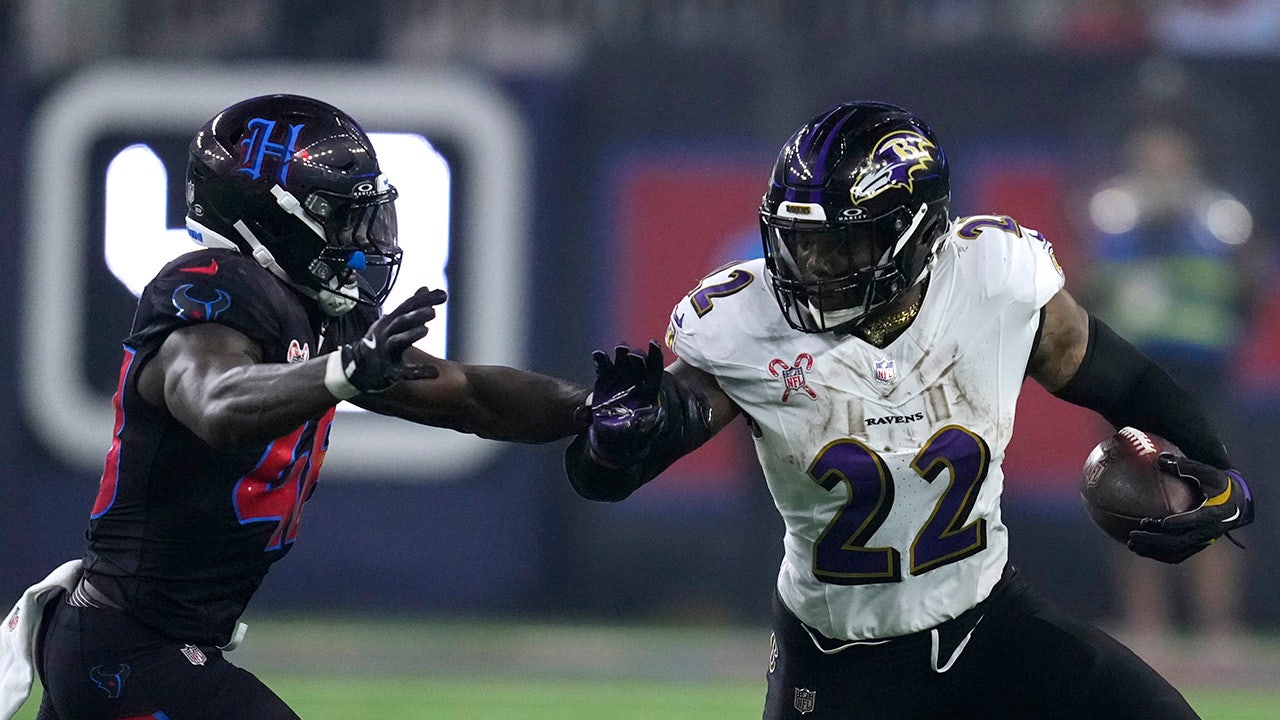At funerals, in song or even by cleaning public toilets: candidates in Kenya’s presidential, parliamentary and local elections have left no stone unturned in their efforts to win as many votes as possible.
On 9 August, 22.1 million Kenyans will elect all of their representatives, from the President of the Republic to county assemblies, MPs, senators and governors. Six polls in total, the end of six campaigns that have punctuated the life of the country in recent months.
This East African giant seemed less passionate this year than in previous elections. Apart from the usual election convoys spouting music and slogans and giant portraits along the streets, candidates struggled to rouse voters from a certain apathy.
In the capital Nairobi, the race for governor sometimes took an unexpected turn with Polycarp Igathe, the presidential candidate. This former commercial manager of a major bank is a familiar face to Nairobians. He was elected deputy governor in 2017 on the ticket of the sultry Mike Sonko, before resigning due to disagreements.
This year, Polycarp Igathe has been seen mopping public toilets, helping to wash cars, selling chapatis on the street, serving beers in a bar restaurant… This unusual campaign triggered a torrent of comments on social networks, sometimes enthusiastic, most often ironic.
“Nairobians, be aware that there is someone called Polycarp Igathe, he can easily enter your house as early as 5am to prepare breakfast and even wash the dishes. He is accompanied by ten cameras and security. Don’t confuse them with BURGLERS,” one user mocked on Twitter.
“I’m planning to go to the barber shop tomorrow. Why am I telling you this? Just posting this here in case Polycarp Igathe is on shampoo duty,” joked another. The candidate claimed this strategy. “The way I designed my campaign, my first phase was to anchor and root myself in the daily lives of Nairobians,” he explained in May.
In Kenya, another place to be seen and heard is at funerals. During the reign of the autocrat Daniel Arap Moi (1978-2002), these ceremonies were one of the few places where speech was free. Campaigning at funerals has become a culture. It’s a place where a lot of people are gathered, a ready-made audience. You just have to come and speak,” says political analyst Nerima Wako-Ojiwa.
At the end of April, the funeral of former president Mwai Kibaki (2002-20013), attended by the outgoing head of state Uhuru Kenyatta and the two main presidential rivals Raila Odinga and William Ruto, gave rise to funeral tributes with electoral overtones, each claiming his legacy in his fiefdom of Mount Kenya, a region deemed to be electorally strategic.
Since the advent of the hit song “Unbwogable” that brought Mwai Kibaki’s victory in 2002 and put an end to Daniel Arap Moi’s 24 years in power, music has become a key element of electoral strategies.
This year, 77-year-old Raila Odinga has been featured in several music videos, including the hit “Leo ni Leo” (“It’s Today”), in which he appears in a bomber jacket surrounded by young people. Some observers saw the swaying as an attempt by the 70-year-old to connect with the new generation.
One song has been at the centre of controversy: the rap hit “Sipangwingwi”. Since its release in the autumn of 2021, the song by two high school students – which translates as “I’m not being decided for me” – has racked up more than 7.5 million views on YouTube and been featured on tens of thousands of TikTok videos.
The duo split, one supporting Odinga, the other Ruto, each performing the hit at their respective inaugural conventions. William Ruto made it a campaign slogan, with the variant “Hatupangwingwi” (“We do not decide for ourselves”), in defiance of the political “dynasties” represented by Raila Odinga and his supporter Uhuru Kenyatta.
But in April, the phrase “hatupangwingwi” was listed by a government commission as one of 12 banned expressions that could fuel hate speech. Within hours of the announcement, William Ruto posted on Twitter the message “Hatupangwingwi!” along with a remix of the “Sipangwingwi” video, featuring him and one of the authors.
In July, a court overturned the ban on the phrase, reigniting the virality of the slogan less than a month before D-day.




















Discussion about this post